Some sounds are unforgettable. Like the terrifying rise and fall of air raid sirens, a noise that has echoed across Ukraine since Russia invaded in February.
It’s a sound that fashion designer Karla Špetić still hears in her sleep, even though it’s been nearly three decades since she fled Croatia to settle in Australia as a refugee.
Today, it’s estimated that there are 84 million forcibly displaced people in the world – all living with the after-effects and memories of escaping war and trauma.
Once settled, refugees are more likely to set up businesses than any other group.
Of these, Australia takes just 17, 875 a year. New Zealand accepts just 1,500.
Every refugee experience is unique, but, by definition, refugees are survivors. In Australasia, they contribute to the diversity and richness of our culture, and, once settled, are more likely to set up businesses than any other group, according to the Refugee Council.
Here, three refugee business founders in the fashion and beauty space share their stories…
Karla Špetić, 40, founder of eponymous fashion label Karla Špetić, moved to Australia from Croatia as a refugee at age 11.

“When I first moved to the Sunshine Coast in Queensland as a refugee from Croatia, all I wanted to do was blend in. I was 11, I didn’t speak English and I dressed differently to everyone else.
The Croatian War of Independence had broken out two years earlier [in 1991], and since then, I’d been living in war-torn Dubrovnik with my mother, then with relatives in Germany and my grandparents in the north of Croatia, where it was safer.

I brought my favourite stuffed toy with me everywhere; it was a fluffy koala. When we were finally granted an Australian visa after a year of waiting, my koala came down under with me and my mum, whose aunty and uncle lived in Queensland.
We arrived on the Sunny Coast with three suitcases holding the entire contents of our lives. For my first year of school, we couldn’t afford a uniform, so I wore ‘regular’ clothes – coloured jeans and tee-shirts from Europe – and I was made fun of for it. At 11, the worst thing you can be is different. I dreamed of one day being able to make my own clothes and looking like everyone else.
At 11, the worst thing you can be is different.
Funnily enough, when I started making my own clothes after doing a sewing course at TAFE and then a degree at the Sydney Fashion Design Studio, all I wanted to do was stand out, to be an individual, and to not conform to trends. That was my vision for my namesake label, which officially launched at fashion week in 2008.
Now, Karla Špetić is stocked in retailers around the world. Our strongest markets are in the Middle East, China, and the United States. Our pieces are still solely produced in Australia, and they’re created entirely from my ideas, thoughts, and energy. I love being able to tell my story through my clothes.

I’m proud of my story; there’s no shame in being a refugee. Still, there’s this idea of the ‘good refugee’ [where refugees are expected be gracious, passive, and apolitical], and it silences us from sharing our stories.
While I do think it’s important for refugees to assimilate, I also think it’s important for everyone else to know where we’ve come from and the realities of war. What I went through as a child was traumatic, but it’s made me resilient. For some reason, going through war has made me want to work harder – and that’s what I’ve done. In an industry that’s difficult and challenging, I keep adapting and moving forward.”
Gosia Piatek, 41, founder of sustainable fashion label Kowtow, moved to New Zealand as a refugee from Poland at age eight.
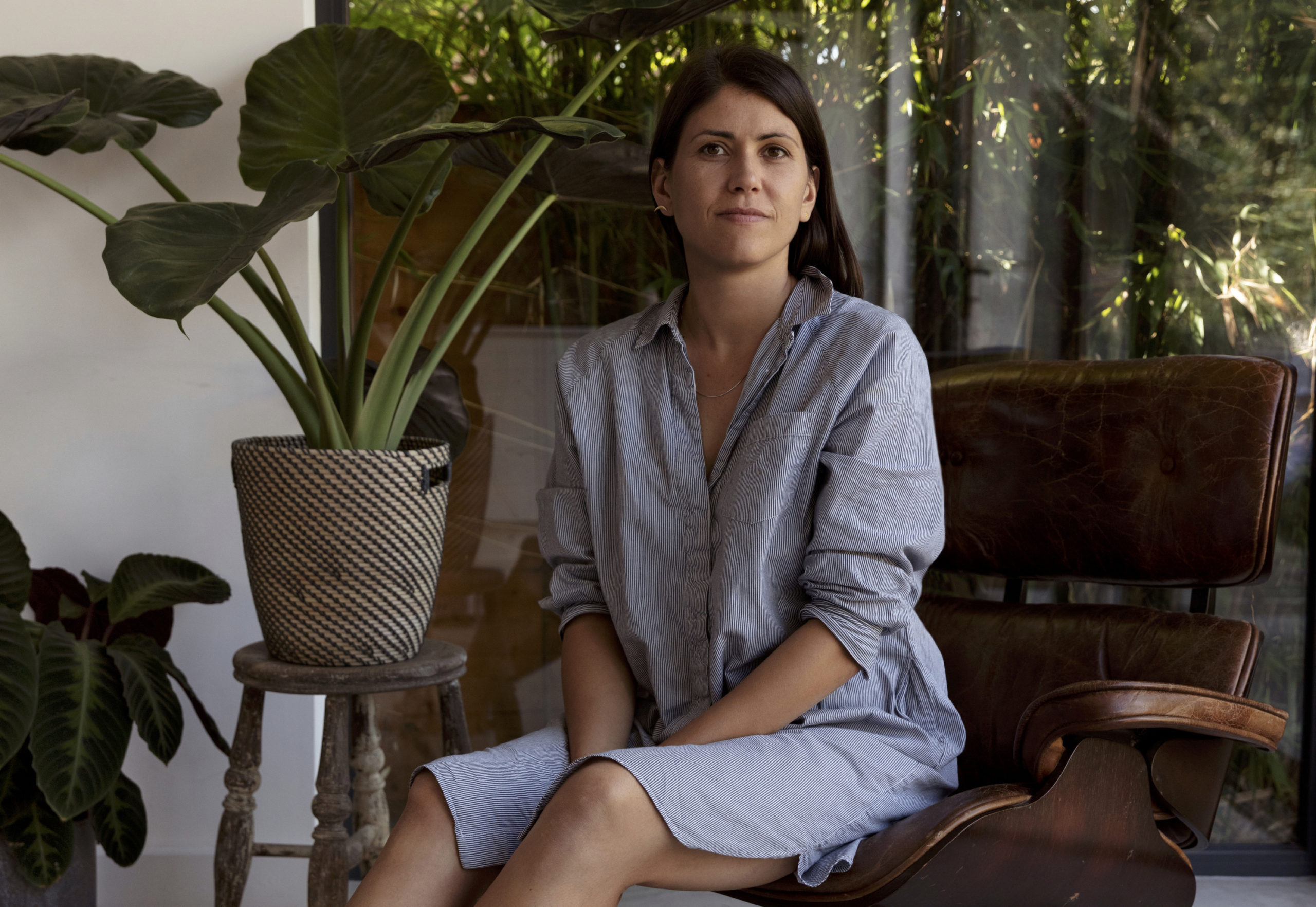
“When we left Poland in 1985, my mother secured passports by telling the authorities that we were going on a camping holiday. We packed the car with camping gear in case we were searched at the border checkpoint, and we headed to Italy. I was five and back then, Poland was a communist country. Our democratic rights and freedoms were being taken away from us, and we were forced to queue at the shops to get basics likes meat, rice and flour. When we reached Italy we sought political asylum.
My mum, dad and brother and I moved into a refugee camp, which initially was a three-bedroom house on the beach and became a camp with more Polish people. We had such a warm reception from the Italians. We lived there for two years before New Zealand accepted us as refugees. When we first moved to New Zealand, I think my parents thought they’d made a mistake. It was quite a culture shock. We didn’t understand why people were walking around without shoes on.
My parents had $200 when they arrived in New Zealand. I think that resourcefulness has helped me in business.
Meanwhile, we were being judged as refugees. There’s so much prejudice and a lack of understanding against refugees. When people find out I’m a refugee, I think they feel sorry for me, which I find interesting. Why would you feel sorry for someone whose parents took an incredible risk and gave their children amazing journeys and adventures?
My parents had to be incredibly resourceful – they had $200 when they arrived in New Zealand – and I think that resourcefulness has helped me in business. My parents taught me to be good with money, to adapt to change and to be ambitious.
I launched my fashion label Kowtow in 2006 with a $5,000 grant from the government. In the past 15 years, we’ve grown to employ 44 people, with more than 200 worldwide stockists. But we’re still driven by our commitment to being 100-per-cent-fair trade.
I see myself as a global citizen and my brand as a global brand.
This year for World Refugee Day, we created a charity T-shirt with proceeds going to the NZ Red Cross, which helps re-settle survivors of war and persecution in their new Kiwi communities. The Red Cross supply second-hand school uniforms to refugee kids, which is something that would have helped my parents immensely and made a big difference to my brother who was a teenager when we moved here. We sold out of the T-shirts and raised $10,000 for The Red Cross.
As a refugee, you do lose your sense of identity, which can be quite unsettling. I see myself as a global citizen and my brand as a global brand. Growing up in diverse countries has been a privilege, it has enriched my life. There’s nothing to pity about that.”
Aida Rejzovic, 42, founder of beauty retailer Sassy Organics, moved to Australia as a refugee from Bosnia at age 15
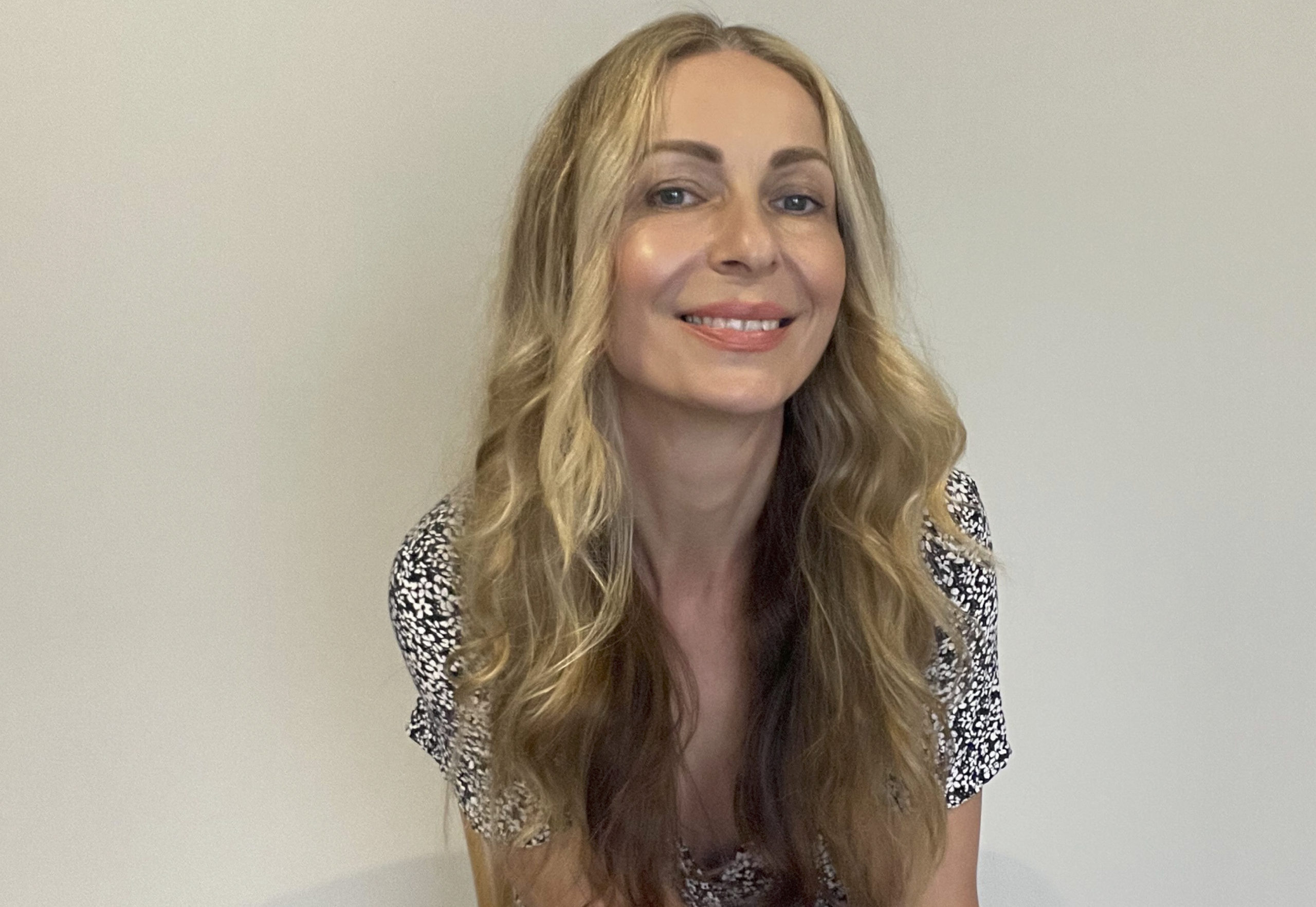
“On the morning of April 30, 1992, my family woke up to the sound of a blast hitting our city, Brcko. The bridge that connected Bosnia to Croatia had been blown up. The Bosnian War had begun, and soldiers rolled in. That night, my mum, older sister, and I fled to a nearby village to stay with my uncle’s relatives. We only brought a little bag carrying our pyjamas because we planned to go back home the next day. That never happened. At 12, I left the only home I’d ever known, all my possessions, and even my dog. I don’t have a single photo of myself as a child.
From the village, we caught a bus to Germany. The trip, which would normally have taken an hour, took four days. We had to cut down trees to make a path over a mountain. When we finally made it, the bus driver hid our Bosnian passports in a pile of Croatian passports so we could get into the country. It was a sliding doors moment. Had we not made it to Germany, who knows what would have happened to us.
I don’t have a single photo of myself as a child.
We stayed with family until we couldn’t anymore, and then we went to Croatia, before the Czech Republic, and back to Germany again, where we moved from one refugee camp to another. We were taken advantage of; it was straight out child labour. As a very young teenager, I worked as a cleaner, in restaurants and stringing hundreds of pigeon tags together. I earned a couple of dollars every day, and the first thing I bought myself was a Rexona deodorant from the little store in our village. Rexona was very cool at the time, and I was so excited.
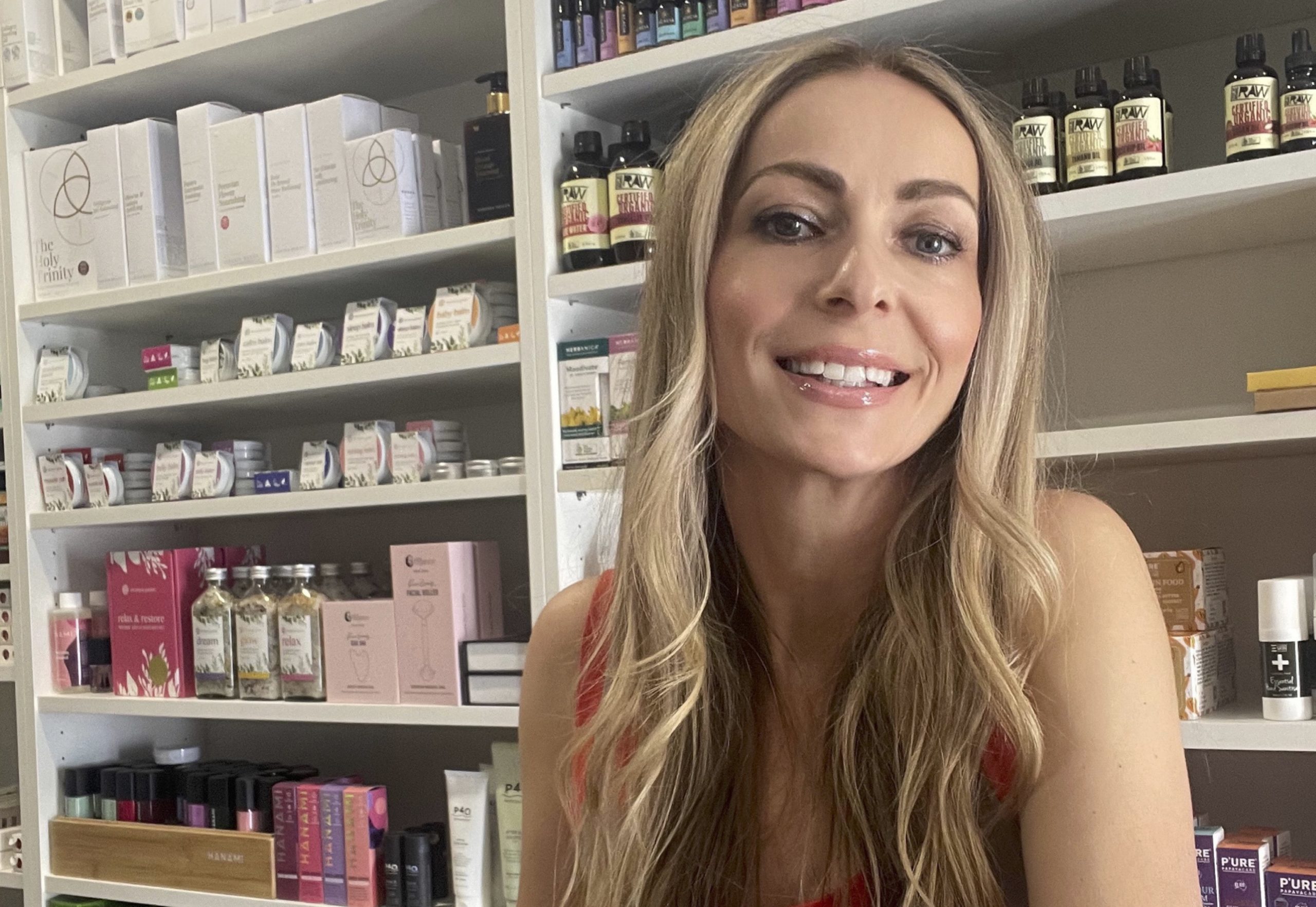
I laugh about it now because I run an organic beauty retailer and have enough deodorant to last me a lifetime. If only my teenage self could see me now! I started Sassy Organics eight years ago from my home in Dandenong, where we were resettled as refugees when I was 15. I started high school in Victoria not knowing any English except for the words ‘hello’ and ‘apple.’ It was really tough, and I don’t know how I survived my first year here. Slowly, I picked up more English and made friends – and Australia became my home.
I never focus on problems; I only ever look for solutions. Nothing is too hard.
Watching how my mum – who became a single parent when my dad died when I was eight – handled the hardship of being a refugee and moving to a new country made me who I am. I never focus on problems; I only ever look for solutions. Nothing is too hard.”
Want to make a difference to refugees in Australia?
Donate to the UN Refugee Agency or shop with refugee-powered businesses. Discover a directory of refugee-run businesses – from food, fashion and florists – at Welcome Merchant.




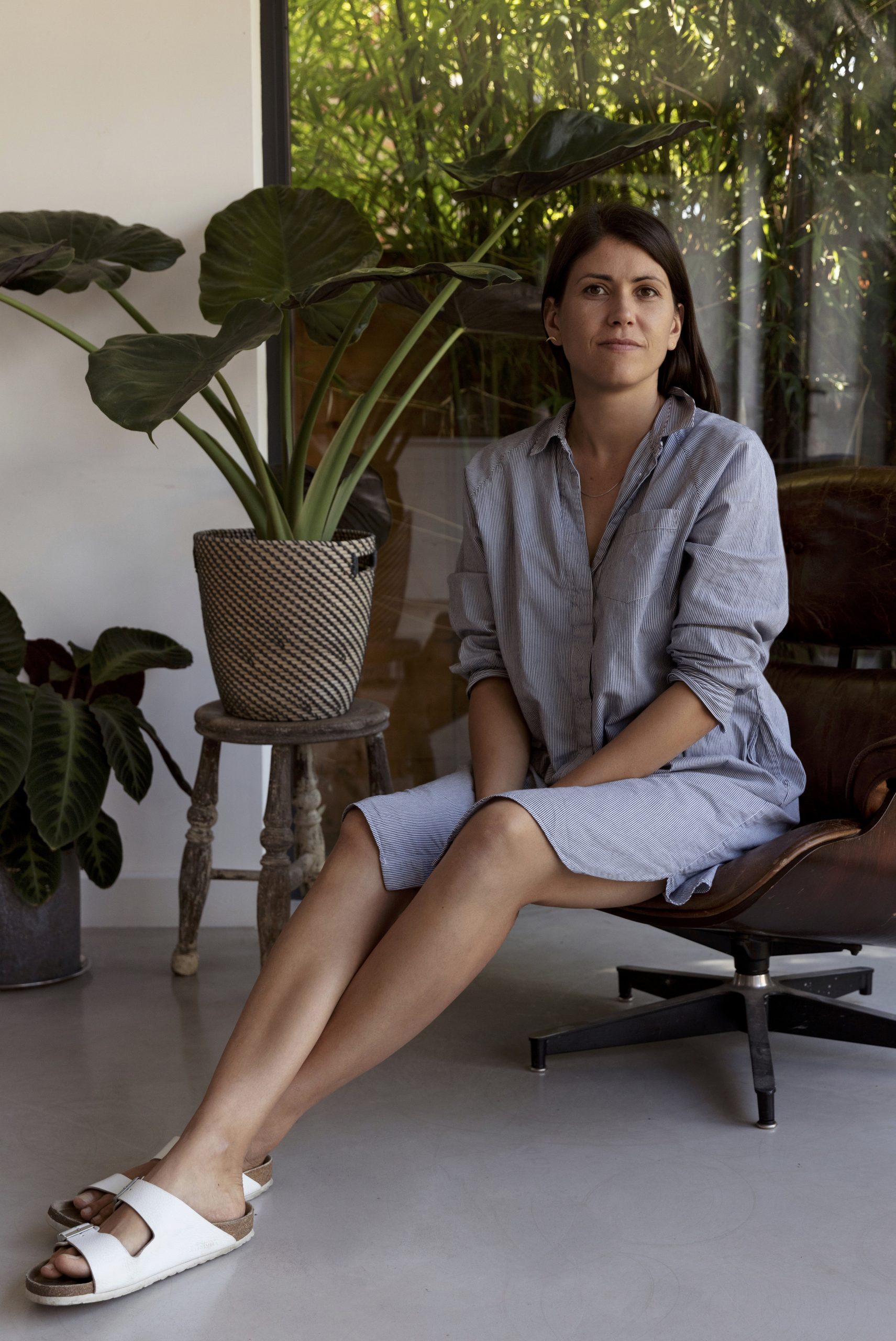
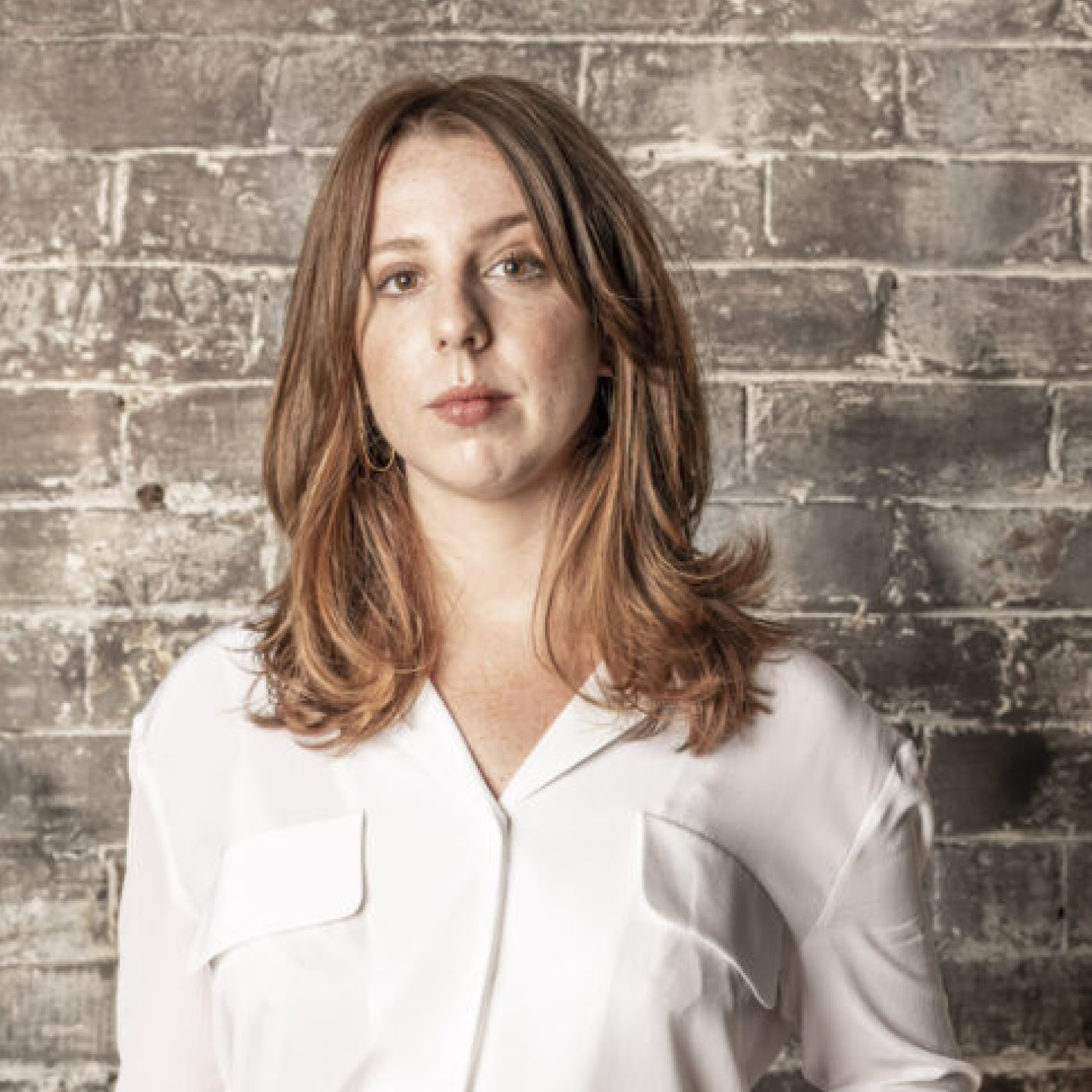

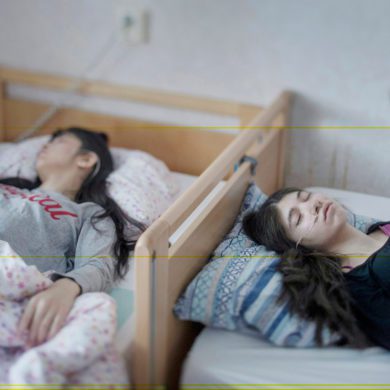
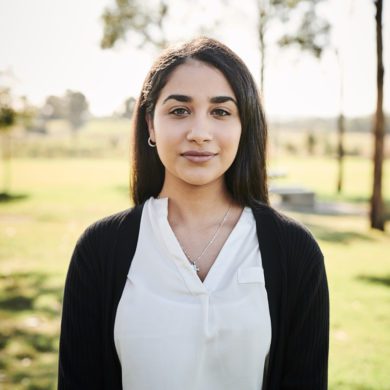
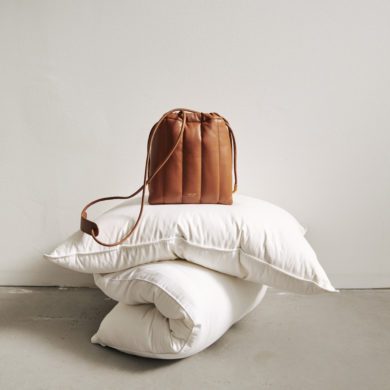
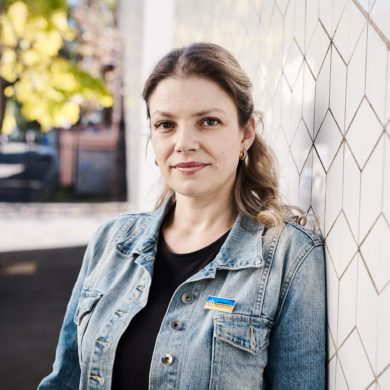
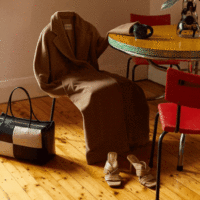
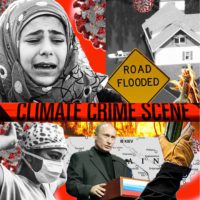
No Comments